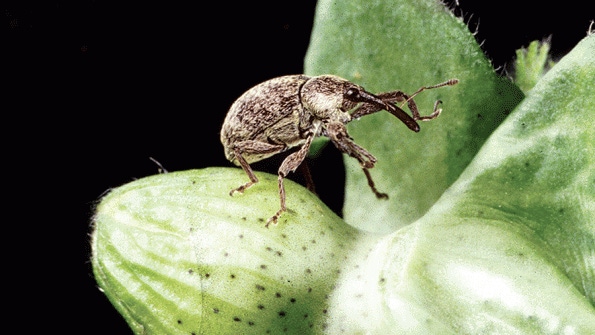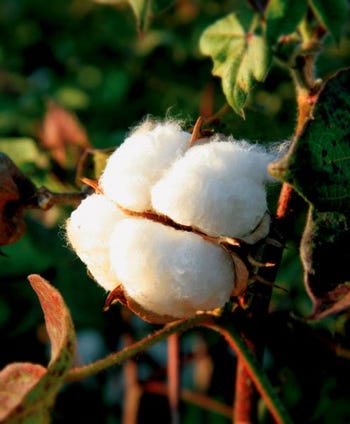
Mike McCormick remembers a long-ago hunting trip with his father, deep in timber company pines and oaks in Jefferson County, Miss.

MIKE MCCORMICK
MIKE MCCORMICK“I was about 14 or 15,” he says, “and as we walked through those woods, I kept noticing the outline of terraced rows amid the trees. I asked my dad why there were terraced rows in the timber.
“Decades earlier, he told me, before the Great Depression, it had all been cotton ground, and in those days Jefferson County’s population was probably double what it is today. My family came there in the 1820s and, like everyone else, farmed cotton. It was a revelation to me that those vast woods where we were hunting used to be open land planted to cotton.
Check Current Cotton Futures Prices
“'Why aren’t farmers growing cotton any more?’ I asked my dad. ‘Because of the boll weevil,’ he explained. ‘It ruined their crops. They had nothing to fight it. To keep from starving, many of them packed up and left, and the farm land began going into trees.’
“The boll weevil dramatically changed my part of the world, just as it had a far-reaching impact on the lives of farmers and the economies of communities across the cotton belt. But my dad — no matter how many acres of soybeans he later planted — always proudly identified himself as a cotton farmer.

"I don’t think there’s anything we can do in Mississippi that’s as important as working to revitalize this industry that has been so much a part of our agricultural economy," says Mike McCormick.
"I don’t think there’s anything we can do in Mississippi that’s as important as working to revitalize this industry that has been so much a part of our agricultural economy," says Mike McCormick.“Cotton was important to him,” says McCormick, who now is president of the many-thousand-members Mississippi Farm Bureau Federation, “and over the years I grew to realize its importance to Mississippi and U.S. agriculture.”
Thanks to the boll weevil eradication program, which Farm Bureau has supported, the pest that ruined crops, fortunes, and lives is now history in Mississippi and the entire cotton belt, save for a small slice of south Texas. But cotton now struggles with competition from other producing countries and from cheaper synthetic fibers.
Important upcoming events: Delta Farm Press Calendar of Events
“Everyone who had a part in supporting the eradication effort is due thanks,” McCormick said at the joint annual meeting of the Mississippi Boll Weevil Management Corporation and the Farm Bureau Cotton Policy Committee. “Now, I don’t think there’s anything we can do in Mississippi that’s as important as working to revitalize this industry that has been so much a part of our agricultural economy.”
About the Author(s)
You May Also Like




